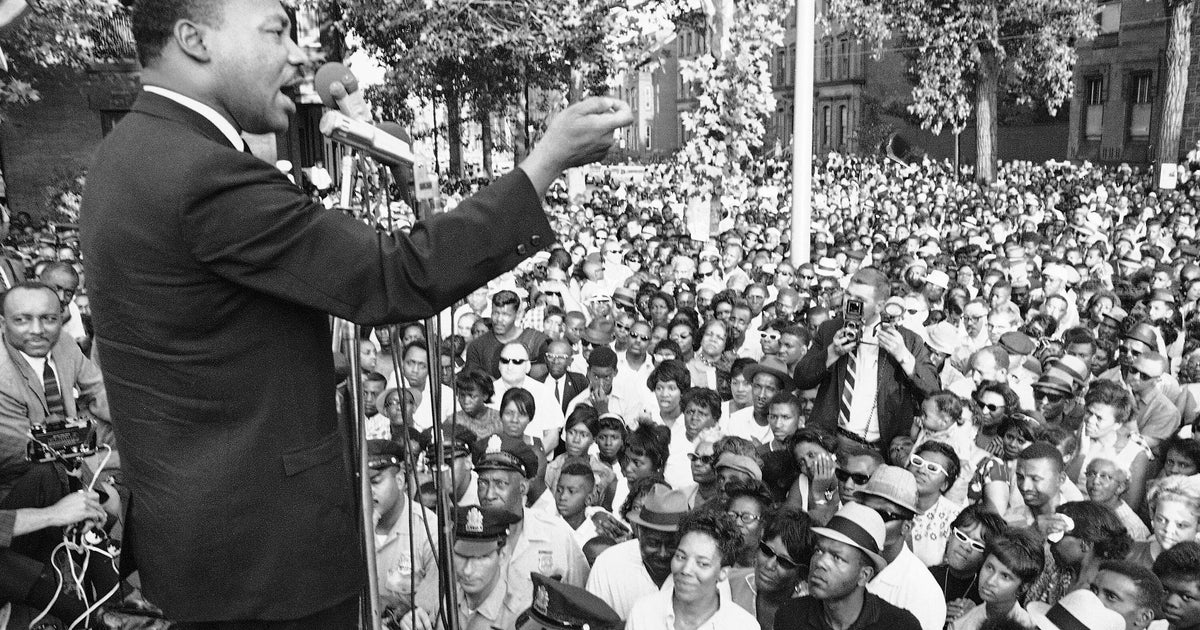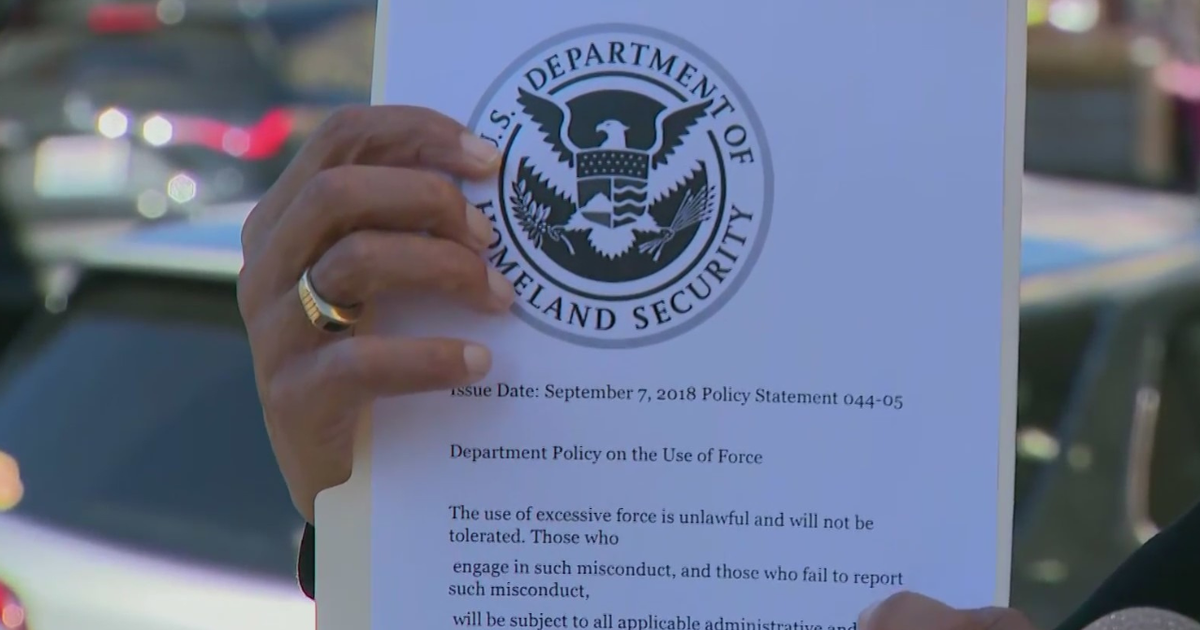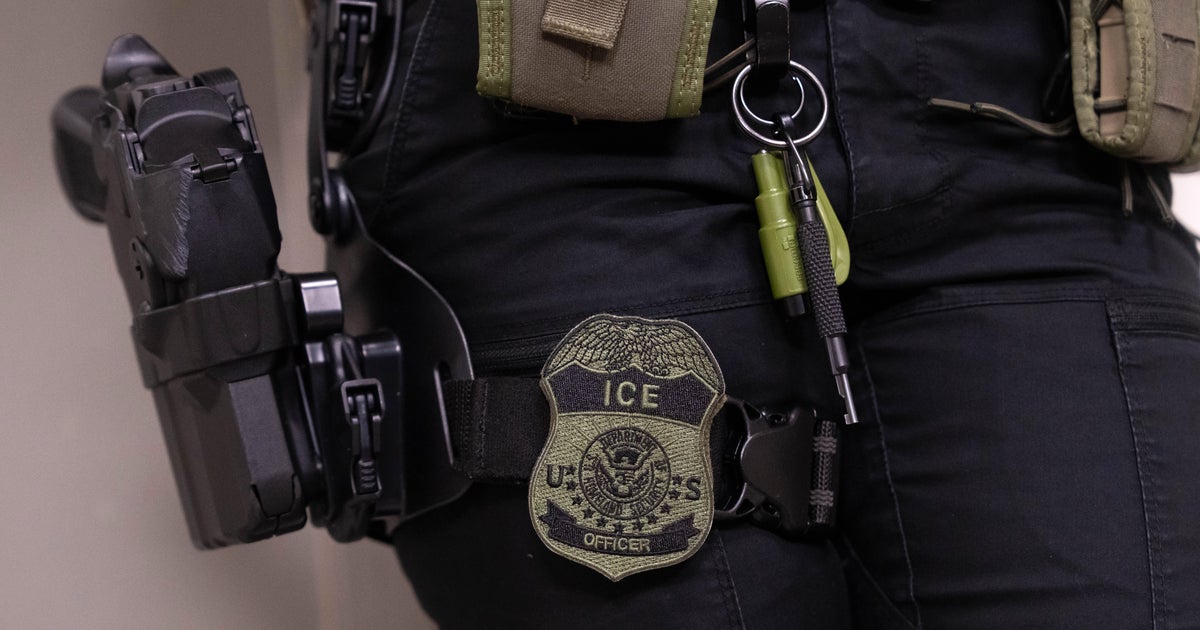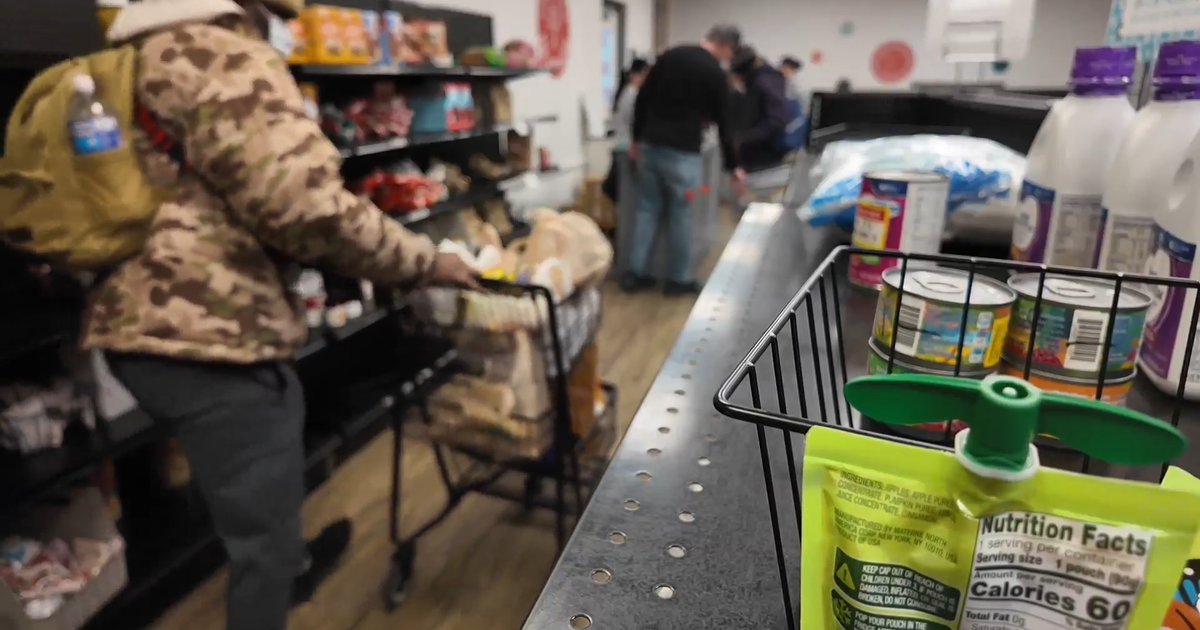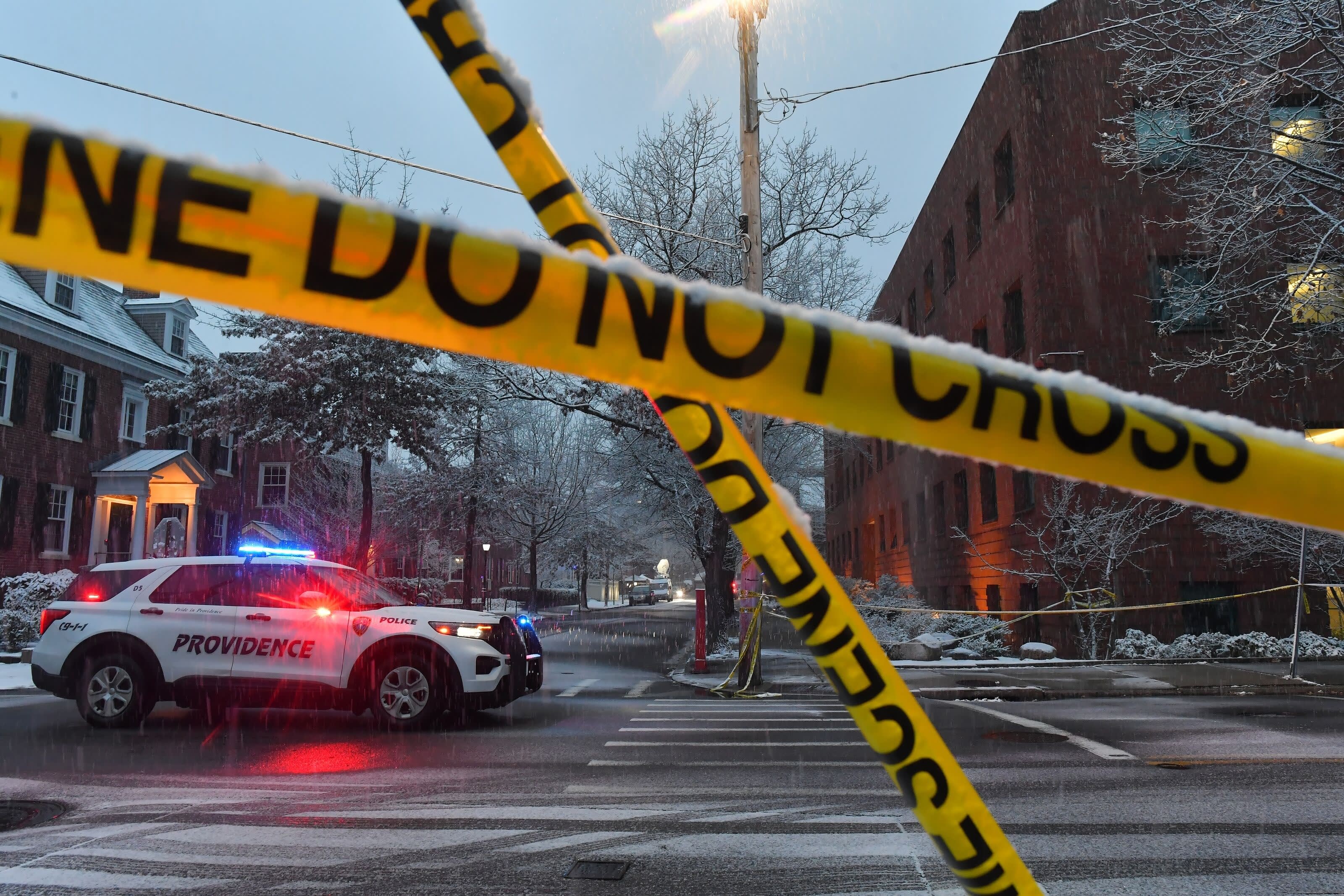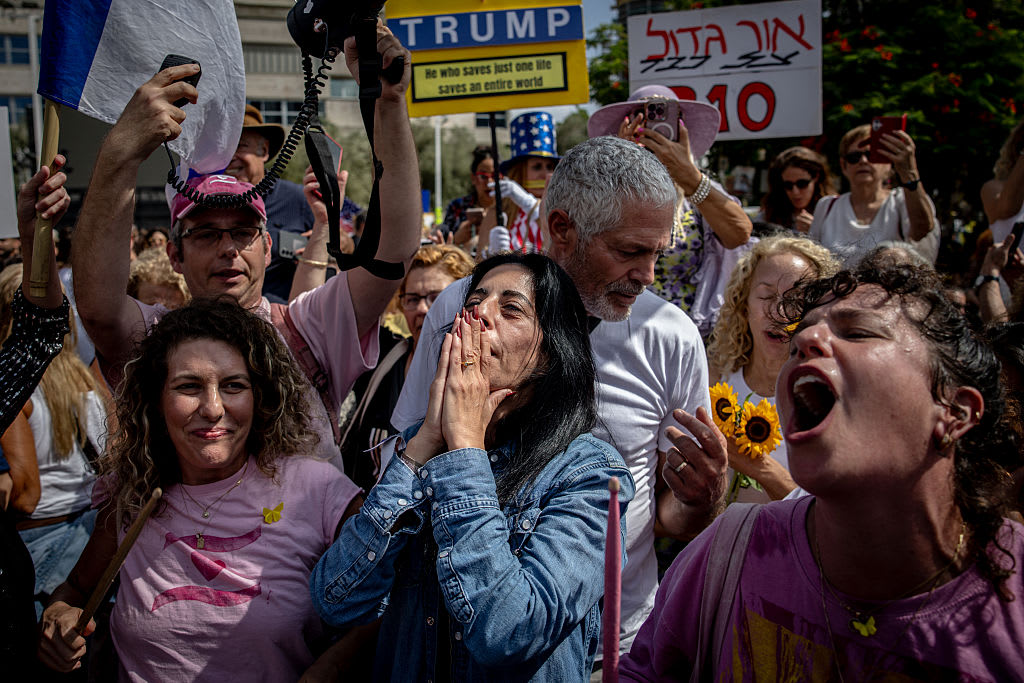Jailed Egyptian activist Alaa Abdel-Fattah's family says they've seen proof he's alive
The family of jailed Egyptian-British rights activist Alaa Abdel-Fattah, who began refusing all food and water at the start of the COP27 climate conference last weekend, said on Monday they received a letter from him proving he was still alive.
"From today I'm drinking water again so you can stop worrying until you see me yourself," said the letter to Abdel-Fattah's mother, dated Saturday. His sister, Sanaa Seif, confirmed the letter was in the activist's handwriting.
"We're relieved to see proof of life. I can sleep today without nightmares. But we want this to be over. Our family deserves a break. We need to be reunited in peace," Seif said.
Already on a limited hunger strike for more than 200 days — ingesting only 100 calories per day — Abdel-Fattah stopped drinking water on November 6 when COP27 got underway. His family said he wanted to end his time in prison, either by pressuring the international community to secure his freedom or by ending his life.
Despite his being a British citizen, Abdel-Fattah's lawyers and U.K. government representatives have not been permitted to visit him in prison, prompting fears that he was being force-fed, or that he could even have died in custody. His family had not received their usual correspondence from him since the start of COP27. His lawyer was again denied access to Abdel-Fattah on Monday, the family said.
"Today is the first day I've been able to take a proper breath in eight days," Seif said in response to the letter. "Since COP27 began and Alaa went on water strike we've been asking every day for a proof of life. Now we know he's alive. I'd know his handwriting anywhere. But when I read it again and again it leaves me with more questions. Why have they been refusing his lawyer access to him, even with a permit? Why did they hold this letter back from us for two days? Is it just cruelty to punish the family for speaking up?"
Abdel-Fattah's other sister, Mona Seif, said she believed the government was continuing to restrict access to her brother to hide the effects of his hunger strike, which they have been denying.
"They simply won't allow anyone else to see him and see for themselves the clear impact of a long hunger strike on Alaa's body," Mona Seif tweeted.
Last week, Sanaa Seif, who is also an activist and has been jailed multiple times in Egypt, broke her self-imposed exile in London to fly to the Egyptian resort town of Sharm el-Sheikh, just as COP27, the world's biggest annual climate summit, was beginning there.
As the world's attention focused on her home country, with tens of thousands of international attendees gathering — from heads of state and government ministers to multinational business leaders and climate activists — she believed it was the best, and perhaps last, chance to save her brother.
But even with proof that he was still alive as of Saturday, the COP27 summit has now passed its halfway mark, and the family fears time is running out.
"Alaa is still on hunger strike, the U.K. embassy has still failed to achieve consular access, he's still arbitrarily detained with no end in sight," Seif said in a statement on Monday. "Even with so much international attention on Alaa the Egyptian authorities can still just disappear him. He needs to be on a plane to London and only then will we allow ourselves to feel true relief."
President Biden held a brief bilateral meeting with Egypt's President Abdel Fattah el-Sisi on Friday during his three-hour stop to address climate summit attendees. The White House said the president had instructed his staff to "work with the Egyptians on a number of specific cases, one of them being that case," but it would not confirm that Mr. Biden had raised Abdel-Fattah's situation with el-Sisi behind closed doors.
Egypt's leader announced later, in front of cameras, he had launched a "national strategy for human rights," an initiative for "national dialogue" and a committee for "presidential amnesty" in a potential attempt to defuse attacks from human rights groups, which estimate that some 60,000 political prisoners are currently detained in Egypt.
U.K. Prime Minister Rishi Sunak and German Chancellor Olaf Sholz said they had raised Abdel-Fattah's case with the Egyptian leadership, but they also achieved no breakthroughs.
"I know that politicians are efficient when they need to be," Seif told CBS News in an interview in Sharm el-Sheik last week. "They know how to do that, and when they want stuff from each other, they know how to get it done. So can we deliver this one thing? Can we?"
As her interview with CBS News continued on the grounds of the COP27 conference, several people – some without the required climate summit badges – approached and began recording video of the conversation.
The site of COP27 is on de-facto, but temporary, U.N. grounds. Protests have effectively been illegal in Egypt since 2013, and Seif fears she may be arrested once the summit concludes.
"I'm being intimidated. I'm being watched. I'm being harassed. It's a calculated risk. I'm scared. I'm not saying I'm not scared," Seif told CBS News. "I felt like my brother was going to die, and I had to take calculated risk."



